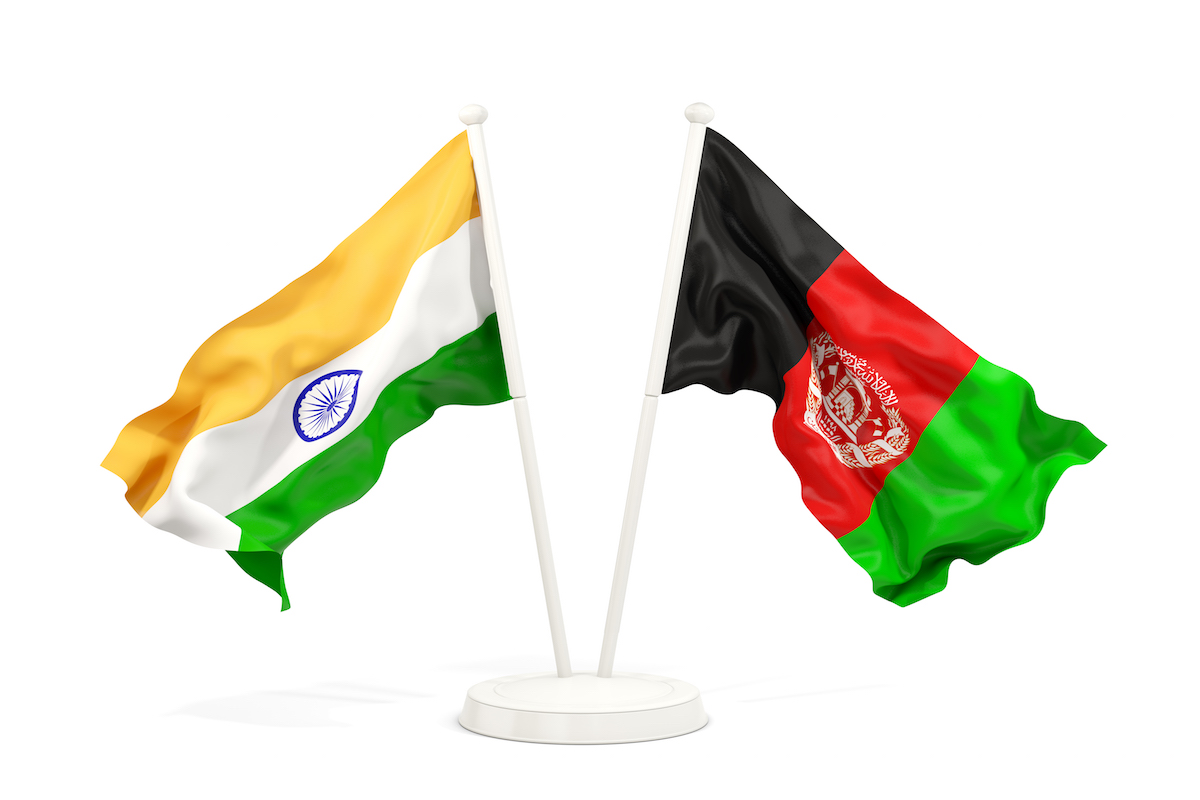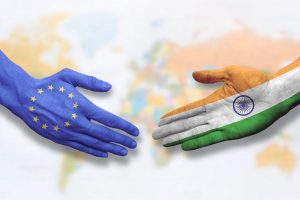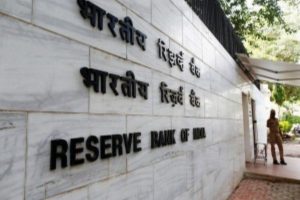Amid the worsening security situation in war-torn Afghanistan, India has issued a detailed and specific security alert for its nationals in Afghanistan.
The security advisory was released by the Indian mission in Kabul because of the fluid situation in Afghanistan amid the drawdown of US forces that have already commenced since May 1.
Advertisement
Besides, the Taliban has stepped up its military offensive, including targeted assassinations to change facts on the ground before taking negotiations seriously.
In a tweet, the Indian Embassy of Afghanistan @IndianEmbKabul has cautioned the Indian nationals in the country that different terrorist groups operating in Afghanistan have escalated violent activities and carried out a series of complex attacks in Kabul and other parts of the country, mainly targeting Afghan Defence and Security Forces, government institutions but also the international community and innocent civilians.
An estimated 3,000 Indian nationals in Afghanistan work for reconstruction companies, international aid agencies or are Indian government employees working at the consulates and embassies.
Indian firms operating in Afghanistan were advised to put in place security measures for Indian employees deployed at project sites. They were also asked to contact the security wing of the Indian embassy for guidance and assistance. India is the largest regional donor in Afghanistan, with pledges of around $3 billion.
The advisory warns them that the security situation in Afghanistan is “highly volatile, unpredictable and dangerous”, though the Taliban had issued a statement that all civilian and non-military foreign nationals, diplomats, embassies, consulates and workers of humanitarian organisations would not “face any problems or security risks (and) will not be targeted by the group”.
Meanwhile, sources in the Ministry of External Affairs have denied social media reports claiming External Affairs Minister S Jaishankar has met certain Taliban leaders.
“Such reports are completely false, baseless and mischievous,” sources said.
But Pakistani leaders have been rattled with the “possibility” of India’s engagement with the Taliban. The former interior minister of Pakistan Rehman Malik says, “Taliban growth was phenomenal and now they are no more like the old united Taliban. They have forgotten how Pakistan brought them up and trained them. Unfortunately, today’s Taliban leadership is closer to India instead.”
Writing about his first meeting with the Taliban Chief Mullah Omar, the former minister says that in 1996, he was called to the then interior minister Gen Naseer Ullah Babar.
“Upon my arrival, we moved into the conference hall where I was introduced to Mullah who was present there wearing his Turban with one defective eye. I found that Mullah Omar and other Taliban accomplices seemed confident enough to take over control of Qandahar. Gen. Babar was pretty close to the Mujahideen including Gulbuddin Hekmatyar who actually was brought up by Gen Babar when he was the governor of Khyber Pakhtunkhwa.”
He further writes: “I worked with Gen Babar closely and witnessed the emergence of the Taliban against Northern Taliban, hence, he decided to consolidate a group against the Northern Alliance led by Ahmed Shah Masood who was operating under the control of India and Iran.”











